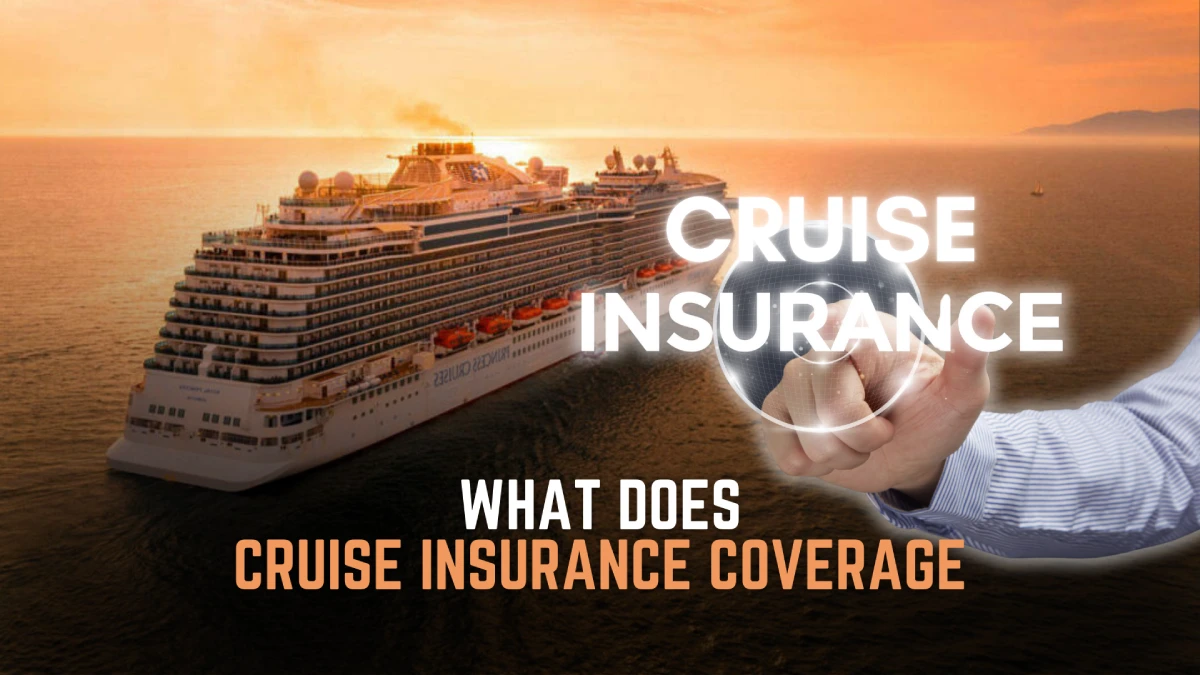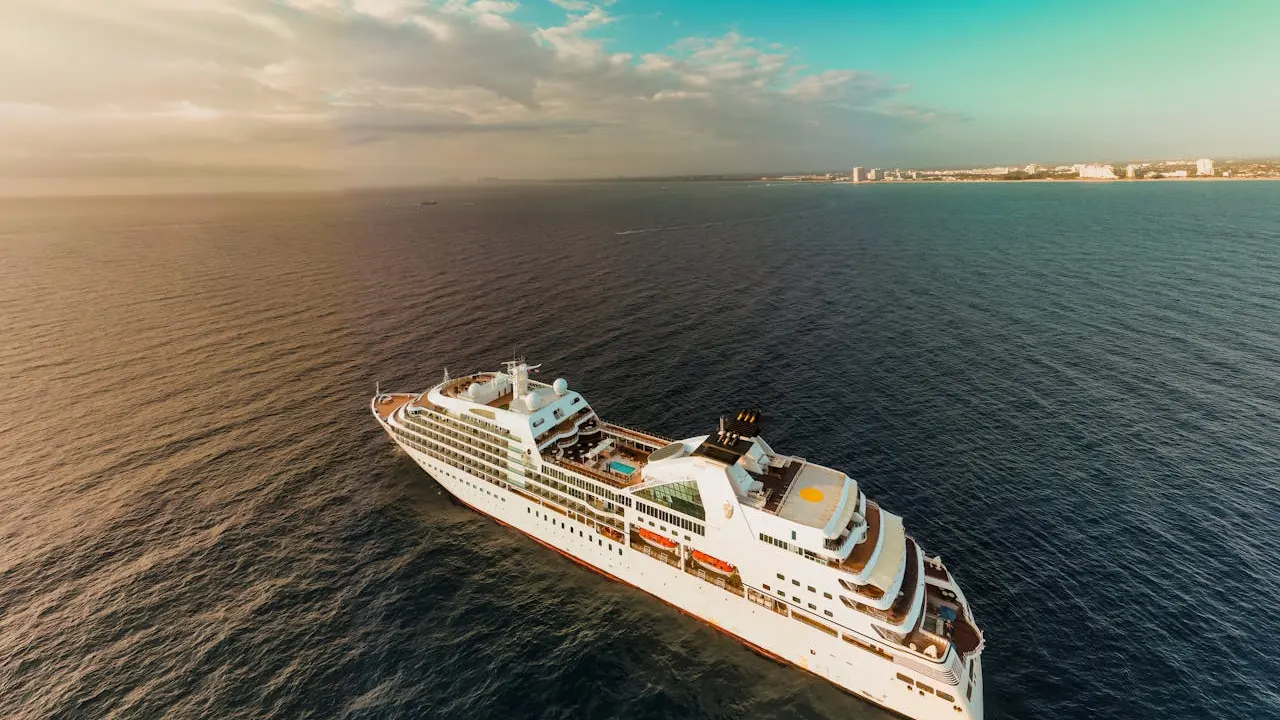Introduction
When planning a vacation, ensuring you have the right insurance is crucial. But with so many options available, it can be overwhelming to choose the right one. Two popular choices are travel insurance and cruise insurance (Cruise Insurance vs. Travel Insurance). In this comprehensive guide, we’ll dive deep into the specifics of both types, helping you understand their differences and which might be the best fit for your next adventure.
- Introduction
- Understanding Travel Insurance
- General Coverage of Travel Insurance
- Types of Travel Insurance Policies
- Common Exclusions in Travel Insurance
- Understanding Cruise Insurance
- What is Cruise Insurance?
- Coverage Specific to Cruise Insurance
- Differences from General Travel Insurance
- Key Differences Between Cruise Insurance and Travel Insurance
- Coverage Specifics
- Cost Comparison
- When to Choose Travel Insurance
- When to Choose Cruise Insurance
- Combined Coverage Options
- Real-life Scenarios and Case Studies
- User Reviews and Testimonials
- How to Choose the Right Insurance for Your Trip
- Tips for Buying Insurance
- Frequently Asked Questions (FAQs)
- Conclusion
Understanding Travel Insurance

Travel insurance is designed to cover a broad range of issues that can arise when traveling. Whether it’s a family holiday, a solo backpacking trip, or a business trip, travel insurance provides peace of mind.
General Coverage of Travel Insurance
Travel insurance typically covers:
- Trip Cancellation: Reimbursement for prepaid, non-refundable trip costs if you cancel for a covered reason.
- Medical Emergencies: Coverage for accidents and illnesses that occur during the trip.
- Baggage Loss/Delay: Compensation for lost or delayed luggage.
- Flight Delays/Cancellations: Coverage for additional expenses if your flight is delayed or canceled.
Types of Travel Insurance Policies
There are several types of travel insurance policies, including:
- Single-Trip Insurance: Covers one specific trip.
- Multi-Trip Insurance: Covers multiple trips within a set period, usually a year.
- Group Travel Insurance: For families or groups traveling together.
- Specialty Insurance: For adventure travel or high-risk activities.
Common Exclusions in Travel Insurance
Travel insurance policies often exclude:
- Pre-existing medical conditions.
- High-risk activities unless specifically covered.
- Certain destinations, especially those with travel advisories.
Understanding Cruise Insurance

Cruise insurance is tailored specifically for cruise vacations. It covers unique situations that can occur on a cruise, which standard travel insurance may not address.
What is Cruise Insurance?
Cruise insurance provides coverage for incidents specifically related to cruise travel, ensuring you’re protected from common cruise-related mishaps.
Coverage Specific to Cruise Insurance
Cruise insurance often includes:
- Missed Port Departures: Coverage if you miss your cruise departure due to flight delays or other issues.
- Cabin Confinement: Compensation if you are confined to your cabin due to illness.
- Shipboard Service Disruption: Coverage for disruptions to onboard services.
- Pre-existing Medical Conditions: Often covered, provided the condition is stable before travel.
Differences from General Travel Insurance
Cruise insurance offers more specific coverage tailored to the cruise experience, which general travel insurance might lack.
Key Differences Between Cruise Insurance and Travel Insurance
Coverage Differences
While travel insurance provides broad coverage for a variety of travel scenarios, cruise insurance focuses on the unique needs of cruise travelers.
Cost Comparison
Cruise insurance can be more expensive due to the specific coverage it offers, but it can also provide more relevant protection for cruise-goers.
Situational Uses
Choosing between the two depends largely on your travel plans. If your trip involves multiple destinations or high-risk activities, travel insurance might be better. If you’re embarking on a cruise, cruise insurance is tailored for your needs.
Coverage Specifics
Travel Insurance Coverage Details
- Trip Cancellation: Protection if you need to cancel your trip for covered reasons.
- Medical Emergencies: Covers emergency medical expenses.
- Baggage Loss/Delay: Compensation for lost, stolen, or delayed baggage.
- Flight Delays/Cancellations: Coverage for additional costs due to delays or cancellations.
Cruise Insurance Coverage Details
- Missed Port Departures: Coverage for costs if you miss the cruise departure.
- Cabin Confinement: Compensation if you are confined to your cabin due to illness.
- Shipboard Service Disruption: Coverage for disruptions to onboard services.
- Pre-existing Medical Conditions: Coverage for pre-existing conditions, often more comprehensive than travel insurance.

Cost Comparison
Average Costs of Travel Insurance
Travel insurance typically ranges from 4-10% of the trip cost.
Average Costs of Cruise Insurance
Cruise insurance can range from 5-12% of the cruise cost, reflecting the specialized coverage it offers.
Factors Influencing Costs
Factors that influence the cost of both types of insurance include:
- Age of travelers
- Length of the trip
- Destination(s)
- Coverage amount and limits
- Pre-existing medical conditions
When to Choose Travel Insurance
Best Scenarios for Travel Insurance
- Multiple destinations
- High-risk activities (e.g., skiing, scuba diving)
- Longer trips with various modes of transport
Advantages of Travel Insurance
- Broad coverage
- Flexibility for various travel types
- Comprehensive medical coverage
When to Choose Cruise Insurance
Best Scenarios for Cruise Insurance
- Exclusive cruise vacations
- Itineraries with multiple ports
- Travelers with pre-existing medical conditions
Advantages of Cruise Insurance
- Tailored to cruise-specific needs
- Covers missed port departures and cabin confinement
- Often includes pre-existing conditions coverage
Combined Coverage Options
Hybrid Policies
Some insurers offer hybrid policies that combine elements of travel and cruise insurance, providing comprehensive coverage.
Comprehensive Plans
These plans offer extensive coverage, ideal for travelers who want maximum protection.

Real-life Scenarios and Case Studies
Example 1: A European Cruise with a Family
A family on a European cruise encountered a medical emergency. Their cruise insurance covered the medical expenses and the cost of flying home early.
Example 2: A Backpacking Trip Across Southeast Asia
A solo traveler on a backpacking trip lost their luggage and faced flight delays. Their travel insurance covered the lost baggage and additional accommodation costs.
User Reviews and Testimonials
Feedback from Travel Insurance Users
Users appreciate the broad coverage and peace of mind travel insurance provides, especially for unpredictable trips.
Feedback from Cruise Insurance Users
Cruise insurance users value the specific coverage for cruise-related issues, finding it essential for stress-free cruising.
How to Choose the Right Insurance for Your Trip
Assessing Your Travel Needs
Consider the nature of your trip, destinations, activities, and any pre-existing conditions.
Comparing Policy Details
Compare coverage limits, exclusions, and costs of different policies.
Consulting with Insurance Experts
Insurance experts can provide personalized advice based on your travel plans and needs.

Tips for Buying Insurance
Researching Providers
Look for reputable providers with positive reviews and strong financial stability.
Reading the Fine Print
Understand policy details, including exclusions and claim processes.
Making Claims
Know the steps to file a claim and keep all necessary documentation handy.
Frequently Asked Questions (FAQs)
1. Is Cruise Insurance Worth It? Yes, especially for cruise-specific incidents like missed departures or cabin confinement.
2. Can I Use Travel Insurance for a Cruise? You can, but it may not cover cruise-specific issues as comprehensively as cruise insurance.
3. What If I Miss My Cruise Departure? Cruise insurance typically covers costs associated with missed departures due to covered reasons.
4. Does Travel Insurance Cover Covid-19? Many policies now include coverage for Covid-19, but specifics vary by provider.
5. How Do I File an Insurance Claim? Contact your insurance provider, provide necessary documentation, and follow their claim process.
Conclusion
Choosing Cruise Insurance vs. Travel Insurance depends on your specific travel needs. Both offer valuable coverage, but their focuses differ. Travel insurance is ideal for broad, varied travel plans, while cruise insurance provides specialized protection for cruise vacations. Assess your travel plans, compare policies, and consult with experts to make the best choice for your trip.


